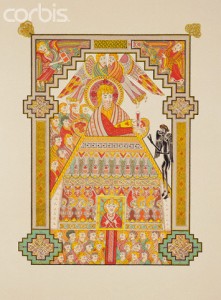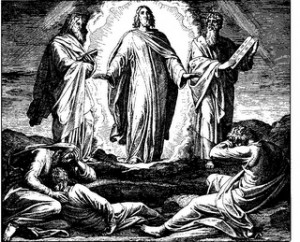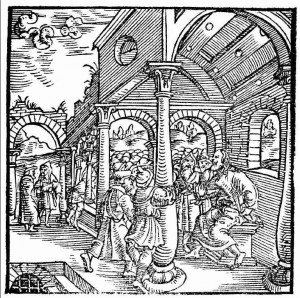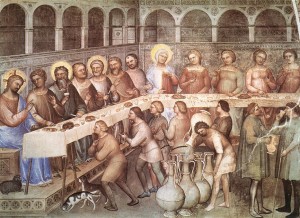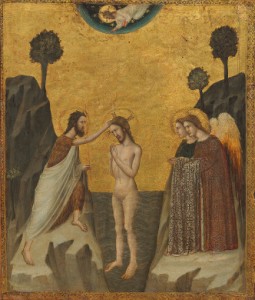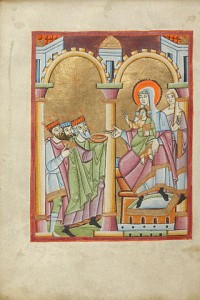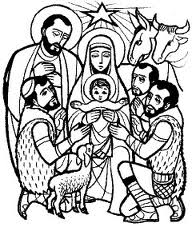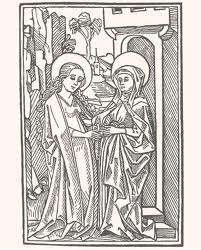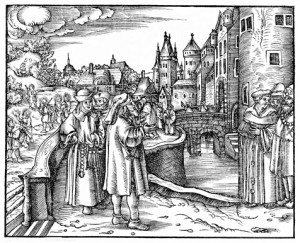Thoughts on Today’s Lessons for Sunday, Feb. 17, 2013.
First Reading: Deuteronomy 26:1-11
This ancient harvest prayer, offering a tithe of the first fruits of harvest in gratitude for God’s abundance, outlines God’s covenant with the people, a covenant that comes down to us in the Gospel: We are called to love God and our neighbor and to care for the stranger, the poor, the weak and the afflicted. As a Lenten practice, we might consider expressing our penitence and hope in acts of kindness and in community service.
Psalm 91
At first glance today’s psalm seems to offer us simple reassurance: When we are in trouble, if we trust in God, God will protect us. But as abundant as God’s love may be, the Psalmist sings of a covenant, an agreement between God and God’s people: We’re expected to love God, to put our trust in God, to make God our refuge and dwelling-place. Be aware, too, that God will be with us when we encounter lions and serpents, but we will still encounter them!
Second Reading: Romans 10:8b-13
Paul’s pastoral advice to the Romans mirrors today’s other readings. As the Psalmist advises us to trust in God to gain protection, Paul calls on us to accept Jesus and the Resurrection in order to be saved. The Old Testament reading reminds us that our spiritual ancestors were foreigners, and Paul reminds us that there is no Jew or Greek, no insider or outsider in the God of all.
Gospel: Luke 4:1-13
Jesus fasted in the desert for 40 days, a Gospel message with echoes in the 40 days of Lent. Fresh from his encounter with John the Baptist in the Jordan, Jesus meets temptation while fasting in the wilderness. Satan tempts him, first with food, then with visions of power and glory, if only he would turn from God. But Jesus stands firm, and, in the very next verses after these, goes straight to the synagogue to proclaim good news to the poor, release to the captives, sight to the blind and freedom to the oppressed. Let’s remember Jesus’ call as we live into the 40 days of Lent.

